Inside: Music and autism have shown to be a powerful way that children with autism can connect, communicate and bond with family members and others. Here are some amazing ways to make it happen.
Music and Autism
More than likely, you are aware of autism and what it is. But did you know that it’s the fastest-growing developmental disability with an astounding 1,148% growth rate over the last 20 years and a 10-17% annual growth rate?
It’s a concern with no medical cure.
Autism Spectrum Disorder (ASD), is a disorder characterized by
- abnormalities in social interactions
- speech and communication difficulties
- sensory perception
- restrictive or repetitive behaviors
More children are diagnosed with autism each year than juvenile diabetes, cancer, and AIDS combined. In 1984, four in every ten thousand children were diagnosed with autism. Today, one in every 88 births results in an autistic child, with boys being 4x more likely than girls to have autism.
This breaks down to one in every 54 boys with the disorder.
The American Psychiatric Association lists 5 subtypes of ASD:
- Autistic disorder
- Rett syndrome
- Childhood disintegrative disorder
- Pervasive developmental disorder (PDD)
- Asperger syndrome (although it has now been determined that Asperger’s syndrome be removed as one of the autistic subtypes)
Music and Autism: How Music Helps Autistic Children
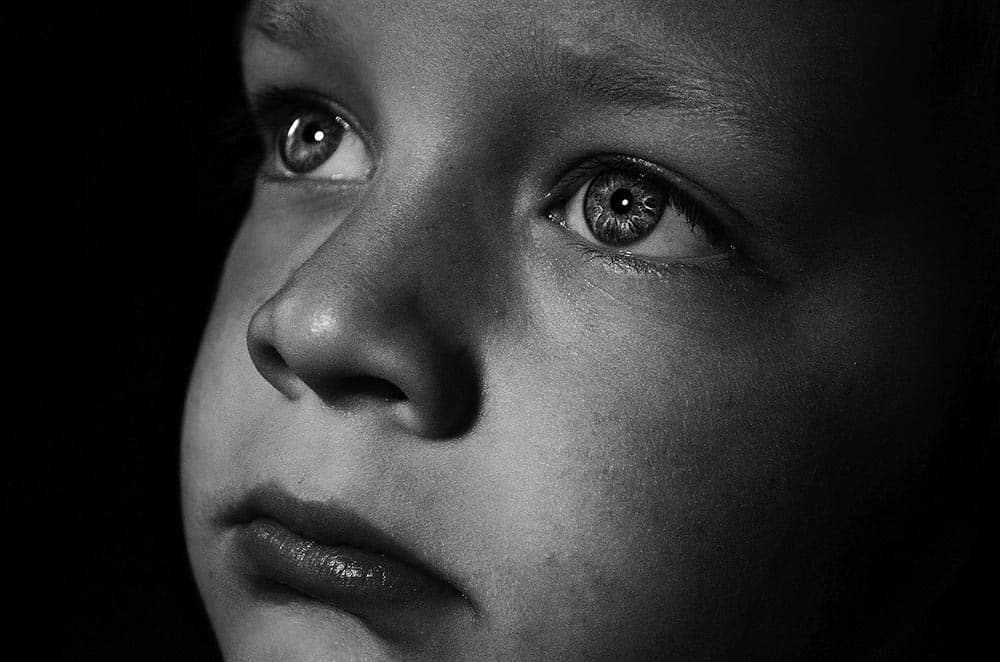
Music is one area of stimulus that nearly ALL autistic children positively respond to, like, and enjoy.
Autism is referred to as a “spectrum” disorder because each individual on the spectrum can exhibit a range of different behaviors, and no one method of approach works for all autistic children.
However, music is one area of stimulus that almost all autistic children positively respond to, like and enjoy. In fact, they respond more positively to music than any other auditory stimulus, and many autistic children demonstrate better music skills than cognitive skills!
Music therapist and researcher, Michael Thaut says, Children on the autistic spectrum often have a remarkable capability and responsiveness to music compared to most other areas of their behavior, as well as in comparison with typical children.
As a result, music therapy, listening to music, and music involvement for autistic children is fast becoming a popular treatment for helping with their self-awareness, socialization and communication skills.
Music Therapy and Autism: 5 Therapies that Help
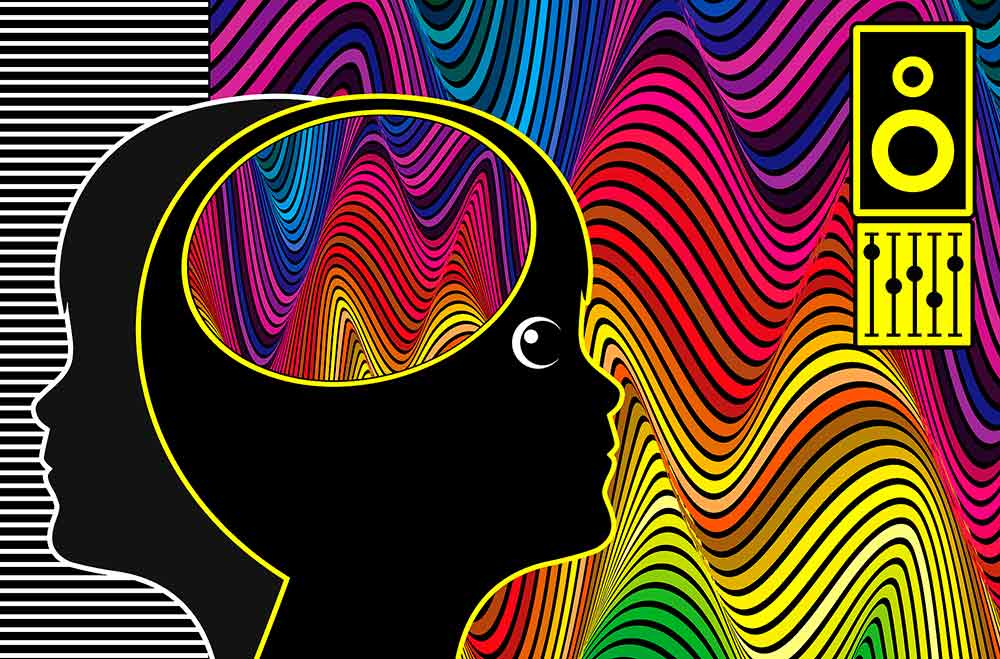
Five different types of music therapies are used to engage autistic children with Active Music Therapy being the favorite.
Music therapy has been around since the end of World War II. It was first used to help veteran patients suffering from war trauma. Over the years, various music therapies have emerged to help autistic children with communication skills, social skills, behaviors, and cognition. There are five main types:
#1: Receptive Music Therapy
This involves listening to live or recorded music.
#2: Compositional Music Therapy
With compositional therapy the patient creates music
#3: Improvisational Music Therapy
Therapy where the therapist guides the patient to create music
#4: Recreative Music Therapy
The patient learns to play a musical instrument and perform on a musical instrument
#5: Activity Music Therapy
This involves musical games designed by the music therapist and may involve the use of percussion or tuned instruments or voice. This is a favorite therapy of autistic children.
Oftentimes therapists will use a combination of these 5 therapies with an autistic child. Autistic children do not need musical skills to benefit from music therapy. In fact, most autistic children have a natural love and affinity for music.
Music and Autism: How Autistic Children Benefit From Music Therapy
There are many examples of autistic children improving their social, behavioral, or communication abilities when given music therapy. Although the results vary from child to child, there are many positive outcomes when music is used with autistic children.
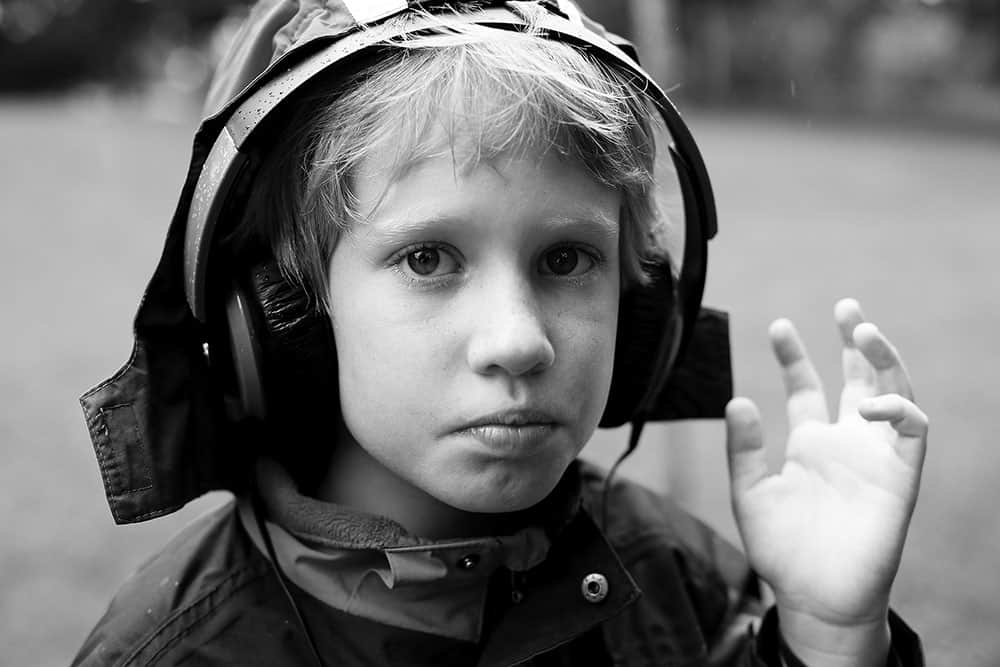
Music therapies help autistic children improve their social, behavioral, and communication abilities.
Here are some examples of children with autism and the positive ways they respond to music therapy:
Example #1: Autistic Girl & Music Sound Therapy
One 21-month old girl was diagnosed with pervasive developmental disorder (PDD), which is part of the autism spectrum. She did not speak; her parents could not get her to respond to her name and her method of communicating was grunting.
She was given music sound therapy which required her to listen to the music of Mozart for several hours each day for several weeks. It paid off! One day when driving her home from music therapy, she said to her parents, “I want cookie.” From that time on, she continued to make progress and today as a ten-year-old she uses language to interact with others and her behaviors are like any normal child.
Example #2: Autistic Boy & Songs
A six-year-old high functioning autistic boy had behavioral issues when there were changes to his routine such as when he had to wait in line at school. His reaction was agitation and aggression. He was taught a musical song to help him understand the importance of patiently waiting. After learning the song, his anxiety and aggression decreased and he was able to patiently wait with the other children in line.
Example #3: Autistic Girl & Music Therapy
A three-year-old autistic girl received musical interaction therapy that included 20-minute music therapy sessions twice a week for 7 months. The result? Her socialization, eye contact, and initiation with her mother increased substantially.
Music and Autism: A Way to Connect to Family and the World
My friend has an autistic son (Trenton) who loves and responds to music. Before he was a year old, he could sing the “Happy Birthday” song with perfect pitch. They also notice that every time he sings, it is with near-perfect pitch, often after hearing the music only once.
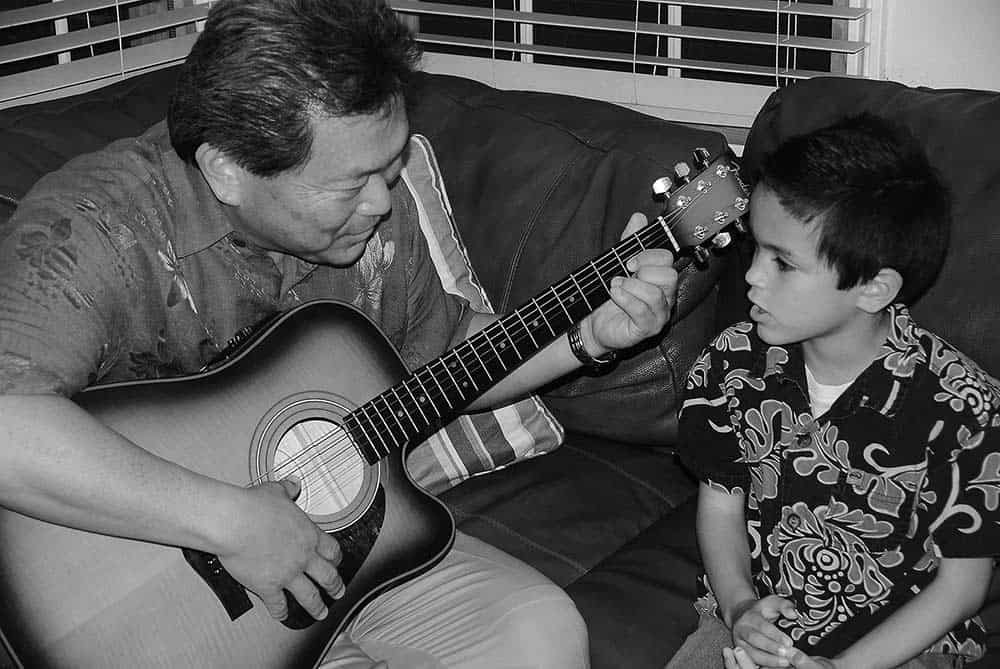
Trenton loves and responds to music. He can remember songs after hearing them one time and sings with perfect pitch.
Before he goes to bed at night, he loves hearing his father play the guitar while his parents sing to him.
His teacher at school plays the guitar and sings poems that have been set to music. Trenton hears the music only once and is able to sing it back on key. Even after a year or more of hearing these poem-songs, Trenton will suddenly start singing them—word perfect and with perfect pitch.
Music helps to calm Trenton and helps him to focus, socialize and communicate.
Music and Autism: The Benefits of Music Activities
Alexandra Raber of Birmingham-Southern College wanted to see if various music activities would help autistic children become more engaged in their school lessons.
She studied 22 children with autism and how they responded to 5 different music activities:
- Songs with movement
- Songs without movement
- Action songs
- Songs with full-body movement
- Playing instruments
Raber measured their verbal response, physical response, attention and eye contact. Of the 5 activities, only one resulted in full participation by all 22 students and that was: instrument playing! The children LOVED playing the instruments and they all responded with greater verbalization, more attentive and better eye contact.
These examples and hundreds like them demonstrate how profoundly music can change the lives of children with autism. Music helps them to bond with family members, to communicate with people, and to connect to the outside world. Just as autism seems to lock them out of society, music draws them back in. It becomes the key to their social, emotional and physical awareness.
5 Music Ideas for Autistic Children
If you have a child on the autism spectrum consider including the following music activities to include in their daily routines. Make them appropriate for their development.
#1: Sing & Create Songs
Sing songs to your autistic child and encourage them to sing along. He/she may not be able to repeat the words, but more than likely, they will be able to hum the tune.
You can also make up different songs or jingles for different things you want them to do such as songs to:
- make their beds
- clean their rooms
- brush their teeth
- take a bath
- go to bed
- get ready for school, etc.
Anything that they have difficulty doing—create a song; teach it to them and sing it or hum it together.
#2: Play Classical Music
If your autistic child is upset, angry or agitated, play classical music for him/her. Classical music has been shown to have a calming effect on children of all ages with all different challenges. Try music from the Baroque, Classical or Romantic period—the complexity of the music from these periods induce alpha waves for quiet, focused energy.
Create a free account on Spotify and download these suggestions:
- Johannes Brahms: Concerto for Violin, D Major, op. 77
- Johannes Brahms: Lullaby or Cradle Song
- Johann Sebastian Bach: Brandenburg Concerto no. 2, third movement
- Johann Sebastian Bach: Fugue in G Minor, “The Little”
- Frederic Chopin: “Raindrop Prelude”
- George Frideric Handel: Water Music, Alla Hornpipe
- Wolfgang Amadeus Mozart: Clarinet Concerto in A Major, last movement
- Johann Pachelbel: Canon in D
#3: Rhythm Instruments
Purchase a variety of rhythm instruments for your child. If loud sounds bother him/her, choose rhythm instruments that make a softer sound such as small bells, finger cymbals, xylophones, or a small stringed instrument. Note which instruments they like and gradually add other rhythm instruments that create louder sounds such as recorders, triangles or a drum
#4: Clapping, Marching and Rhythm Games
Rhythm is important for brain organization. Play clapping games with your child. Help him/her to mimic the rhythm you are clapping to. In the beginning, take their hands and clap each rhythm. If they would rather “clap” the rhythm with their feet—join with them.
If they prefer to move their whole bodies—stand up and march to the music—with arms swinging and legs marching high in the air. Movement, marching, and clapping will all increase brain organization and learning.
#5: Group Music Classes
Does your community offer simple music programs such as Kindermusik, “Let’s Play Music” or other group music classes? These are music programs that require a parent to accompany a child to each class. Observe a class and from your observations, determine if your autistic child would fit into the class and would be something they would like and enjoy. Many autistic children do not like crowds, noise, and too much stimulation. Be aware of this when you are looking for a class.
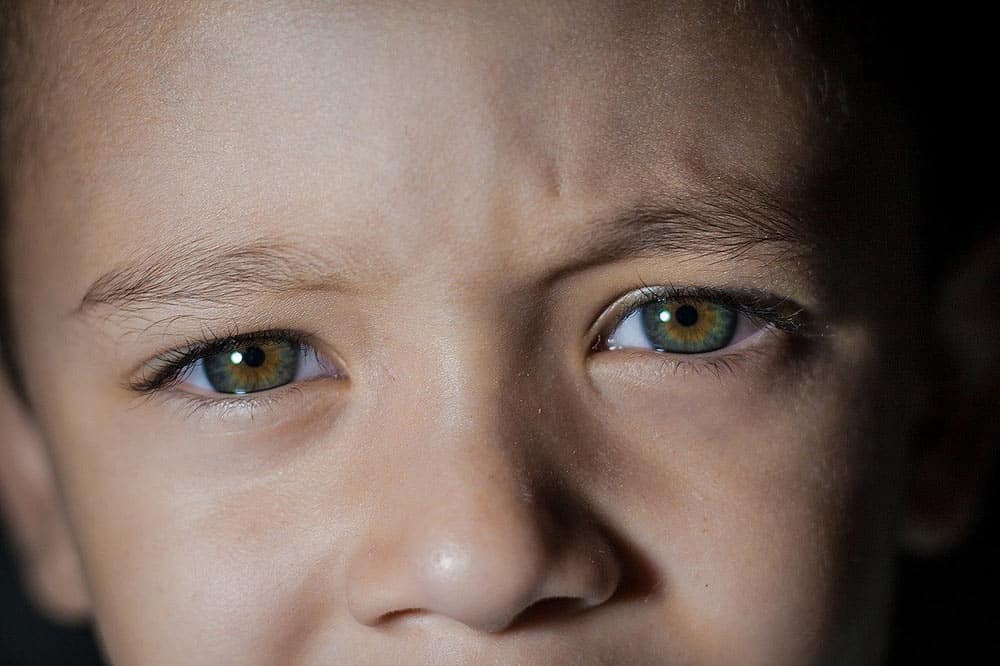
Research group music classes that would be appropriate for your autistic child and give them a positive experience.
One suggestion: if you are concerned about your child acting appropriately in the class—ask the teacher if you can purchase or borrow the music she will be playing in class. Then play this music for your child repeatedly prior to class. And explain to your child some of the things he/she will be expected to do—such as participating in activities such as sitting, singing, dancing, taking turns, etc.
Autistic children love and respond to music. And as illustrated, music helps them communicate, socialize and feel a part of the world.
To access the resources and studies included in this post, refer to my book, Good Music Brighter Children.
Do you have an autistic child? How do you use music to engage with your child? Has it been helpful for your child? Please comment in the section below.
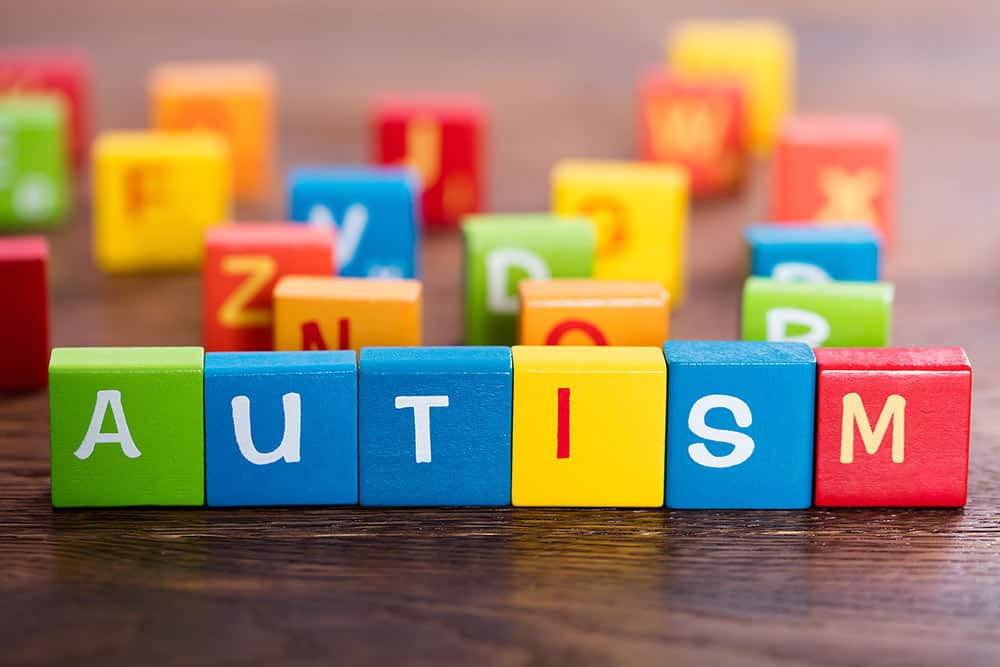
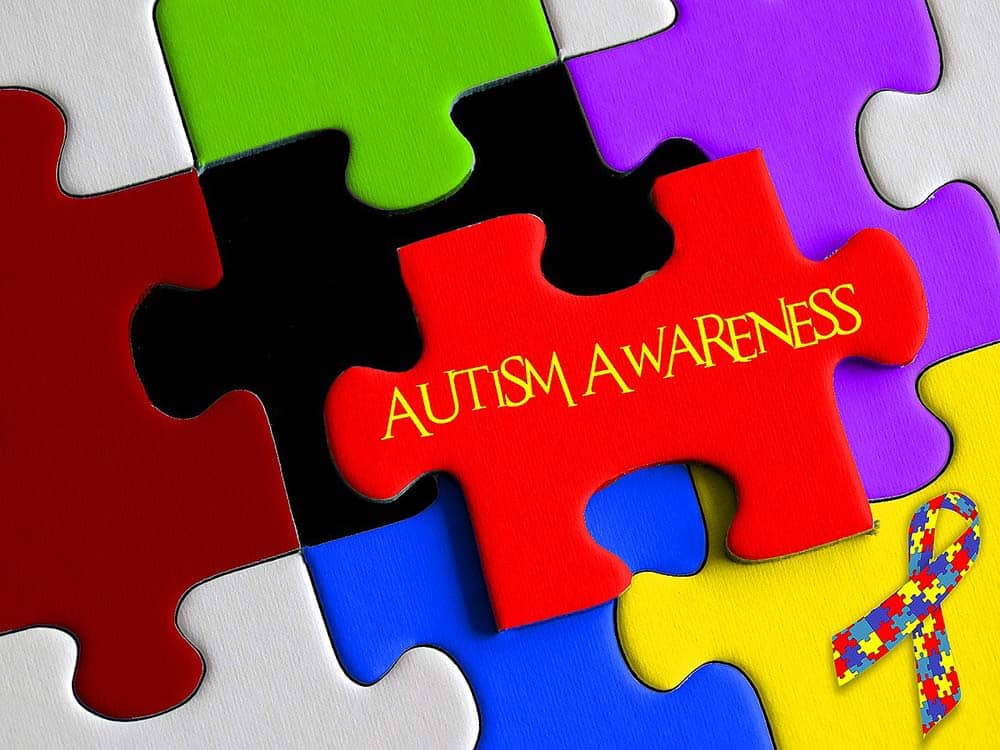
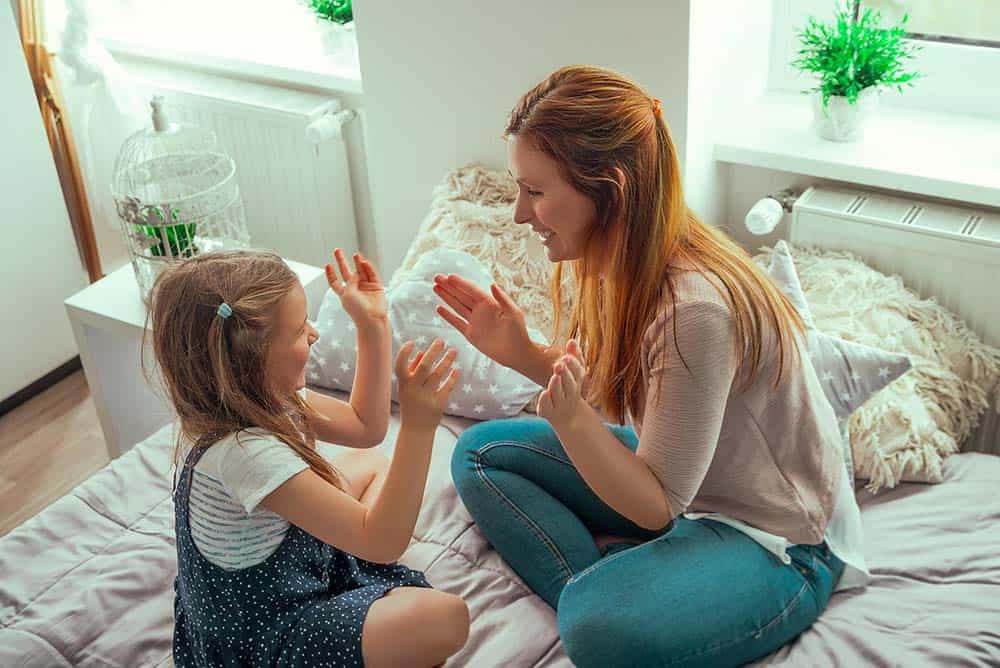
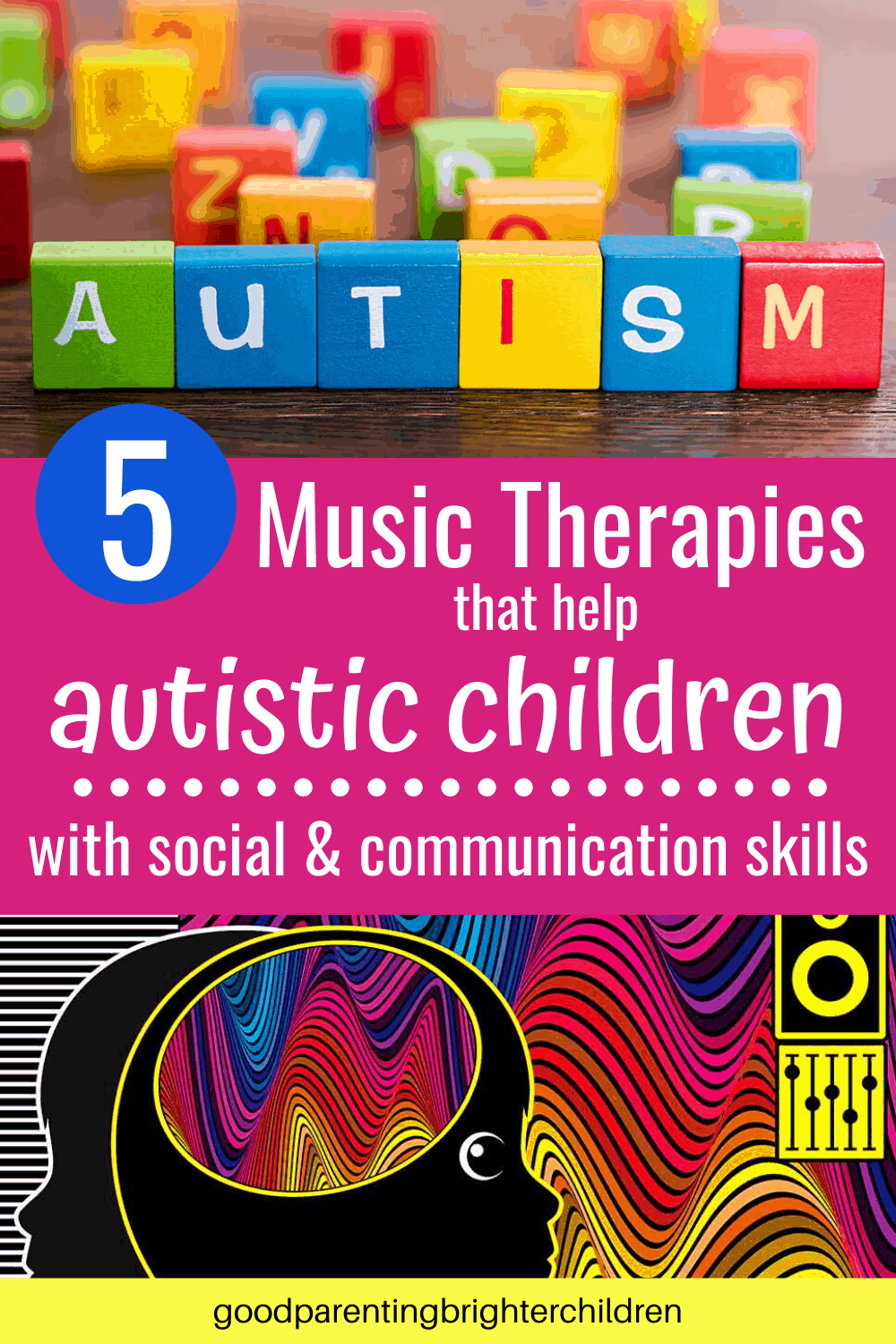
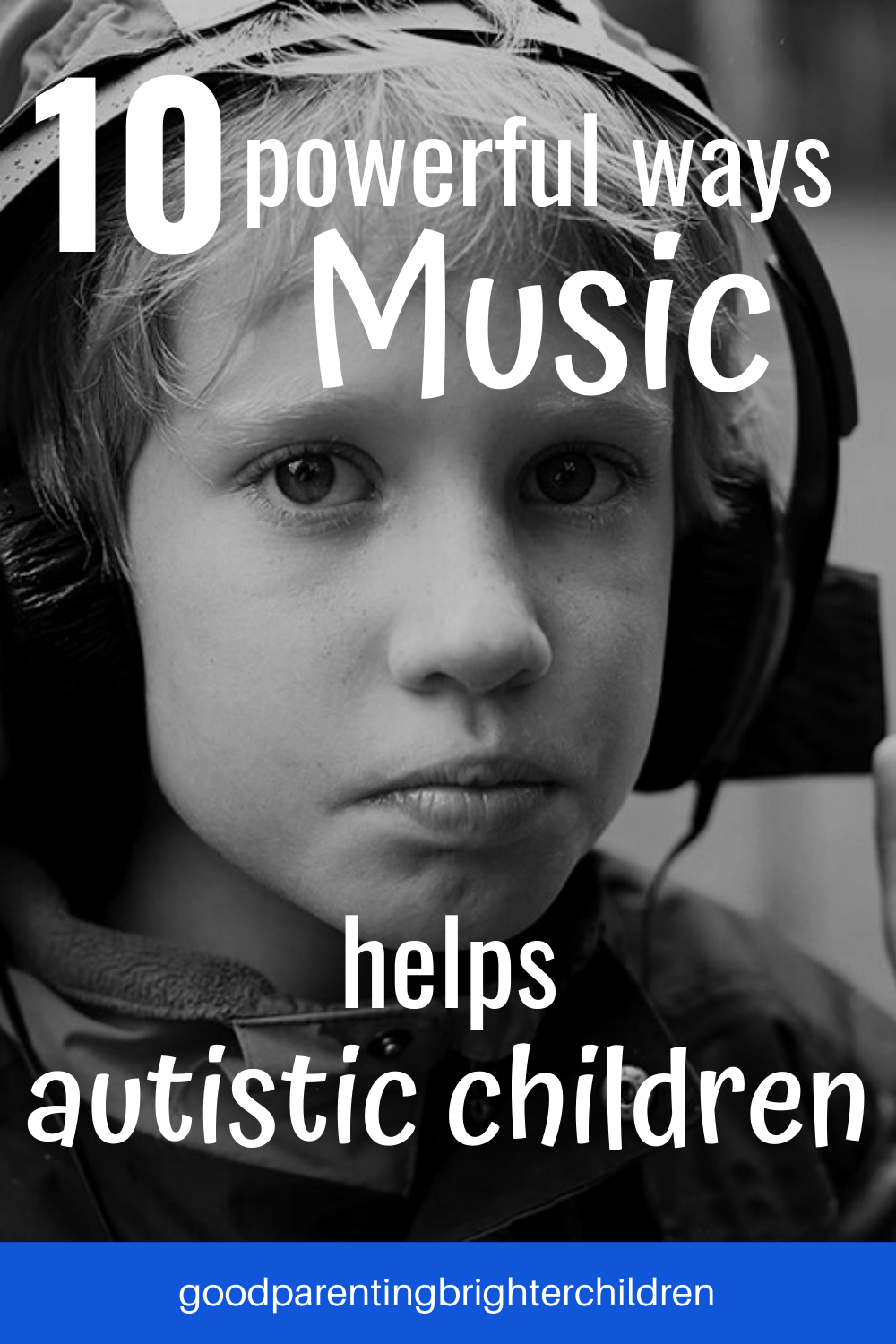


Thanks so much Tiffany for your continued support! Appreciate your comments!
Sharing this post with my brother and sister-in-law right now!!! Thank you for this, Sharlene. I can’t begin to tell you how helpful this will be for them. Your content here on the blog is stellar and parents are in good hands with you. Thanks for always sharing your wisdom with us.